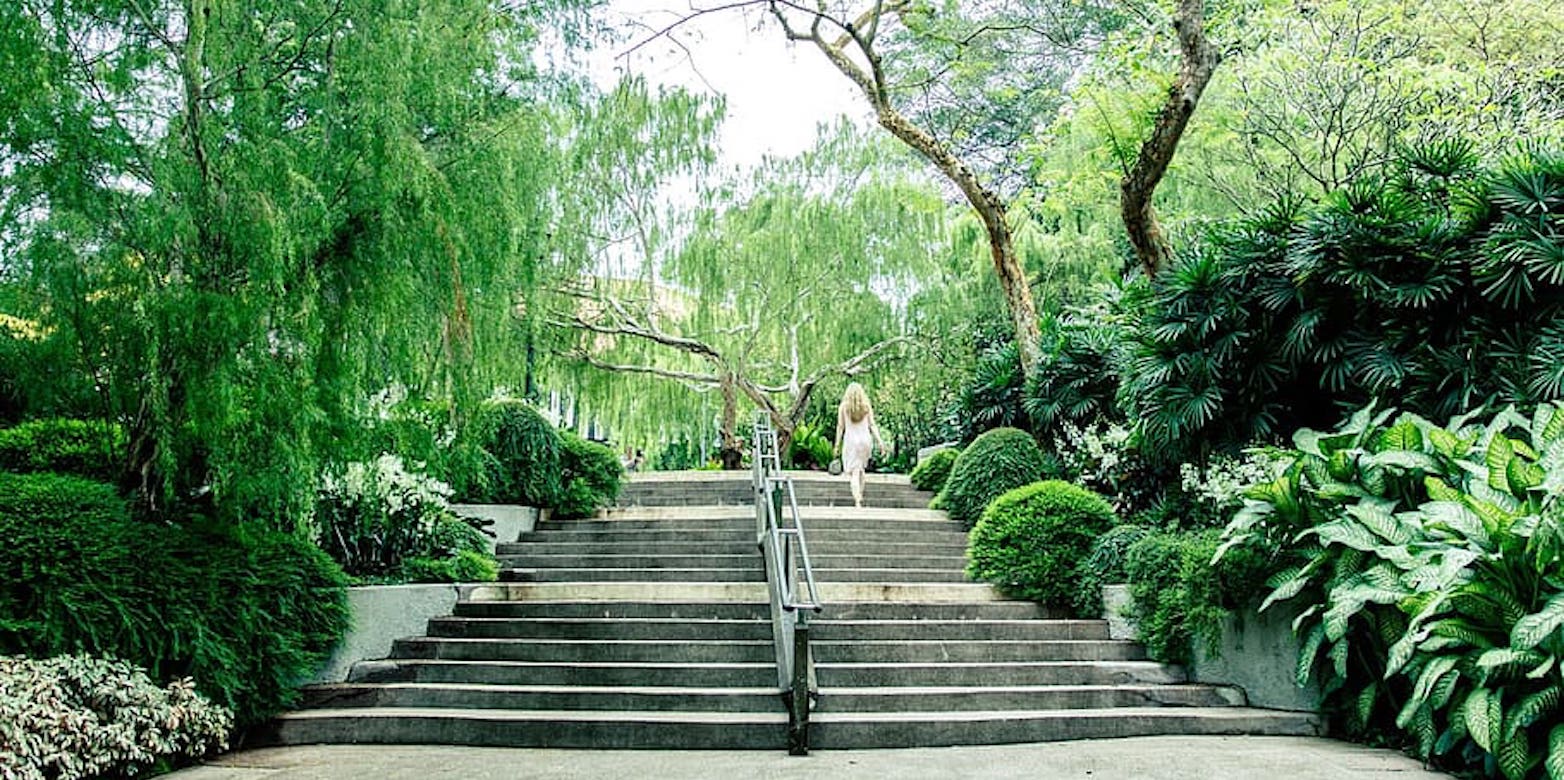Demographic biases in nature engagement
What are the relationships between the age, sex, and income of city dwellers and their interaction with nature? Researchers from FCL investigate demographic biases in nature engagement in Singapore.

It is apparent from increasing evidence that interacting with nature can bring health benefits, support community cohesion, and improve environmentally-friendly behaviour. However, people living in urban areas get few opportunities to engage with nature as they spend a large amount of their time in built-up areas. The existing engagement that people have with nature also varies amongst different members of society.
Researchers from FCL's "Ecosystem Services in Urban Landscapes" project led by Dr Daniel Richards and Tze Kwan Fung, investigate the individual variation in engagement with nature of people in the tropical and high-density city of Singapore. Through surveying 1000 Singapore residents, they analysed relationships between demographic factors such as age, income, and sex, and the frequency of visitation to different ecosystem types, as well as the frequency of engagement with different nature-related activities.
The results of the study showed that people visit parks and neighbourhood open spaces the most while nature reserves and other natural areas were frequented less. Also, popular activities included sitting outdoors, art and photography, and running, while hiking and nature recreation were less frequent. In contrast to previous studies, they found relatively small differences among different demographic groups of the population in their preferred types of outdoor activities.
In addition, older people, those with lower incomes, and without degrees were seen to be less likely to visit most types of outdoor space and engage with most types of nature-related activities. It was also seen that in the case of nature reserves, the distance from the visitor’s home had a significant negative influence on the frequency of visitation.
These findings demonstrate that the benefits of engaging with nature are not equally enjoyed by all demographic groups, and that some groups lack engagement in all aspects. The researchers suggest that tropical cities could increase the local availability and accessibility of different types of outdoor space, as well as education and public outreach programmes to boost people's engagement with nature.
Their work “Demographic biases in engagement with nature in a tropical Asian city” is published in PLOS ONE.